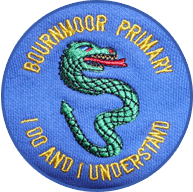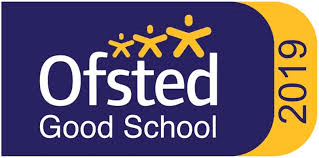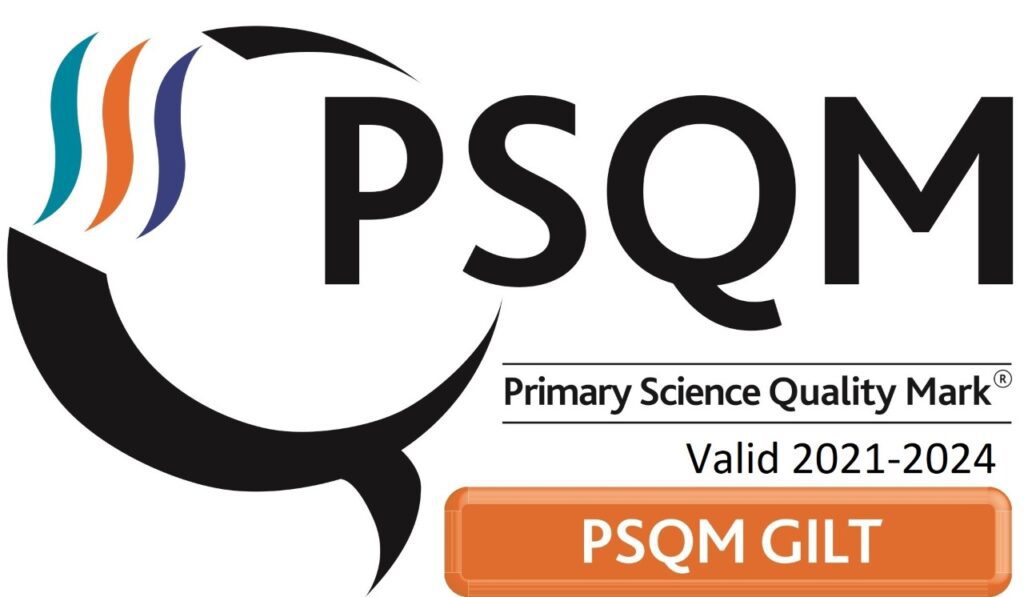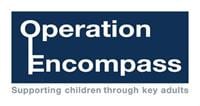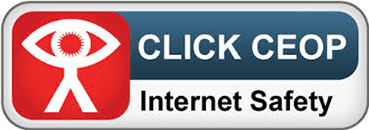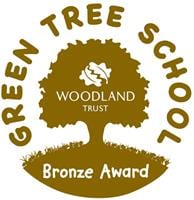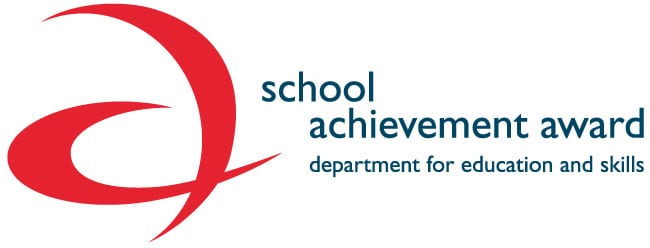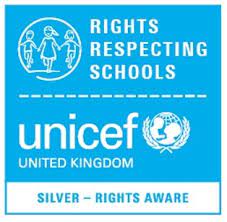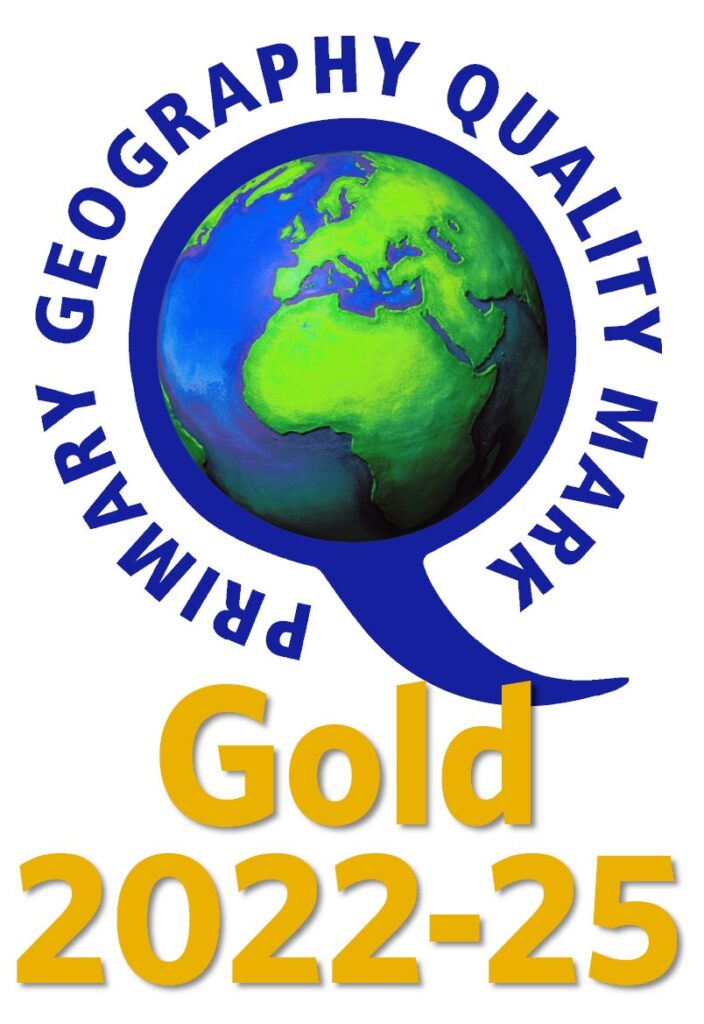Physical Education at Bournmoor Primary School
The National Curriculum for P.E aims to ensure that all pupils:
- Develop competence to excel in a broad range of physical activities
- Are physically active for sustained periods of time
- Engage in competitive sports and activities
- Lead healthy, active lives.
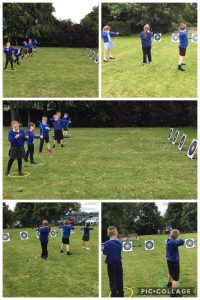
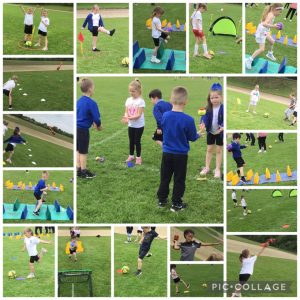
Planning and organisation of the subject
Staff work from the P.E long term planning which outlines which sports are covered across the academic year. Classes take part in PE sessions and work to develop skills, with the ultimate aim of competing against one another in the chosen sport. Sports covered reflect the time of year and the possible weather conditions. Planning builds on teacher’s knowledge of core tasks and this can provide teachers with session ideas as well as a structured approach to scaffold learning for all ability levels.
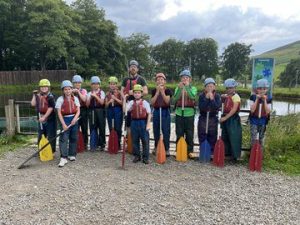
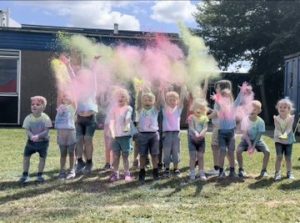
Teaching styles and strategies
Teachers use a range of different resources to provide the 2 hours of P.E. per week and benefit from the growing school equipment library (as a direct result of the increase in sports premium funding we have developed our equipment to be able to offer a wider range of sports). Teachers in upper KS2 are able to utilise sports leaders and the School Sports Organising Crew (SSOC) to deliver warmups and help with the organisation of specific sessions. Teachers will teach a particular sport for the duration of a half term, beginning with the full game session where base line assessments can be made of the children’s abilities. In the weeks following this assessment, children are given the change to improve their understanding of the game and develop their skills and knowledge, ultimately building up to a point where they can engage in a competitive game and put their new skills to the test.
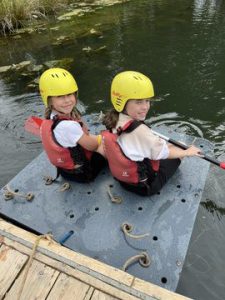

How the subject is assessed
Foundation Stage
Teachers use observations of child-initiated activities and adult led tasks to collect evidence of the level the child is currently working at. Children are assessed on fundamental movement skills during coaching sessions where key areas of movement are focused on through the use of a range of equipment and sports. Assessment of PE comes under the ‘Physical Development’ strand of the Early Years profile and links to ‘Communication and Language’ as the children have to listen to, understand and follow instructions.
Key Stage One and Two
Assessment of pupils is an on-going activity. Children’s knowledge and understanding is informally assessed in class and core tasks cards are used in more specialist areas of gymnastics and dance. Swimphony software is used to assess KS2 swimming as professional swimming instructors assess children against the National Curriculum objectives and this data is passed to school and published on the school website. Children are assessed against their performance of a specific sport at the beginning of the term and this is re-assessed at the end following weekly sessions on key skills.
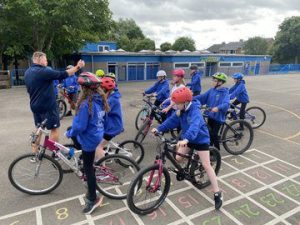
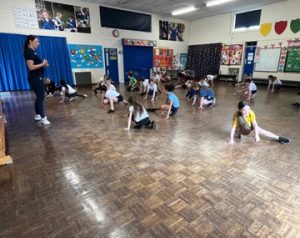
Impact
- Sports premium funding has allowed the school to develop a comprehensive bank of P.E. resources that are up to date and suitable for all year groups.
- Additional focus has been given to the provision of specialist resources that meet the needs of our SEND pupils. For example, sensory areas have been set up alongside gross motor skills activities that allow teachers to more closely match the requirements of SEND plans, specific targets and requests of the children.
- Water confidence and swimming ability improve as a result of sessions at our local baths.
- The school continues to offer pupils a wide and varied range of extra-curricular clubs such as football, netball and multi-sports and we listen to pupil voice regarding future clubs.
- We continue to offer a range of high-quality experiences to pupils which develop their health, fitness and enjoyment of sport.
- We celebrate children’s achievements outside of school to encourage healthly lifestyles and taking up a new sport.
